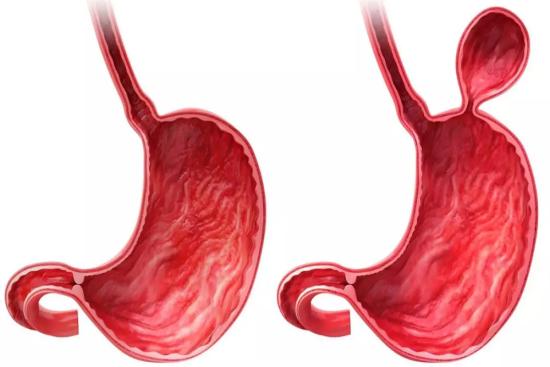Do you struggle with persistent heartburn, frequent acid reflux, or a constant feeling of fullness after meals? Does swallowing sometimes feel difficult, or do chest pains and bloating disrupt your day-to-day activities? These are all common signs of a hiatal hernia, a condition where part of your stomach pushes through the diaphragm into the chest cavity.
If left untreated, a hiatal hernia can interfere with your sleep, eating habits, and overall comfort. It can also lead to serious complications requiring urgent surgery.
In Turkey, expert surgeons at certified clinics offer advanced hiatal hernia treatments tailored to your symptoms and lifestyle.
Risks and Side Effects
- Dysphagia.
- Chest pain.
- Persistent heartburn.
- Damage to nearby organs, especially the spleen.
- Recurrence of hernia.
- Complications related to anesthesia.
Cost of surgical hiatal hernia repair in Turkey
Do you suffer from persistent acid reflux? Choose surgical excellence in Turkey! Benefit from personalized care for your hiatal hernia, performed by expert surgeons using the most advanced techniques.
You'll have a dedicated team with you from the time you arrive until the time you leave.
The cost of surgical hiatal hernia repair in Turkey is likely to vary depending on the surgical protocol chosen. However, a minimum budget of 8,750 Euros should be expected.
Take advantage of competitive prices and a pleasant stay in Turkey, while regaining an optimal quality of life thanks to a successful operation.








